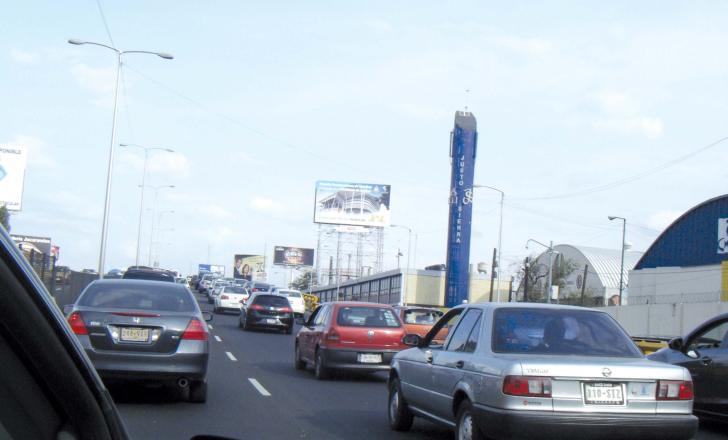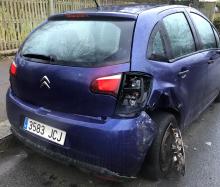New data from the World Health Organisation's (WHO) 2013 global status report on road safety highlights a serious problem in Turkey. According to the WHO’s research, road crashes result in some 8,700 deaths/year on the Turkish network. The highest health risk for those aged from 15-29 isroad crashes. The report also stated that 50% of the victims are motorcyclists, cyclists and pedestrians and 75% are males. Excessive speed results in 34% of traffic accidents. However, the report claims that fatal crashes c

Congestion is chronic in Turkey’s major cities such as Istanbul, capital Ankara and Izmir (pictured), with crashes all too frequent as drivers jostle for space
New data from the 3263 World Health Organisation's (WHO) 2013 global status report on road safety highlights a serious problem in Turkey. According to the WHO’s research, road crashes result in some 8,700 deaths/year on the Turkish network. The highest health risk for those aged from 15-29 isroad crashes. The report also stated that 50% of the victims are motorcyclists, cyclists and pedestrians and 75% are males. Excessive speed results in 34% of traffic accidents. However, the report claims that fatal crashes could be decreased by 30% if drivers reduce their speed by 5%. Over 50% vehicles do not maintain Turkey’s 50km/h urban speed limit. In the last 30 years, 385,000 people have died in car crashes in Turkey. For protection against accidents caused by high-speed, seat belts are most important. Use of seat belts in Afyonkarahisar increased to 60% from 7% and in Amasya from 9% to 70% in a year following safety campaigns and greater enforcement measures. As a result, fatal incidents in Afyonkarahisar decreased 35% and in Amasya by 52%.





